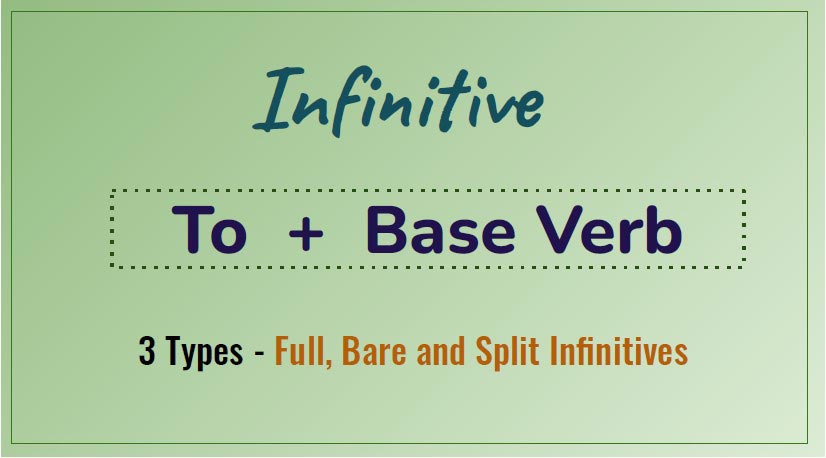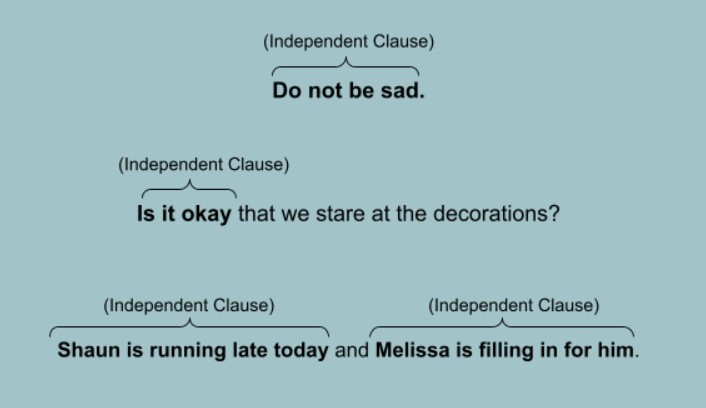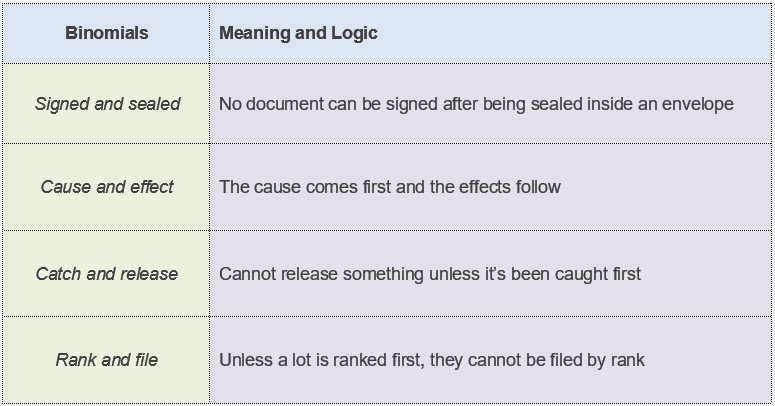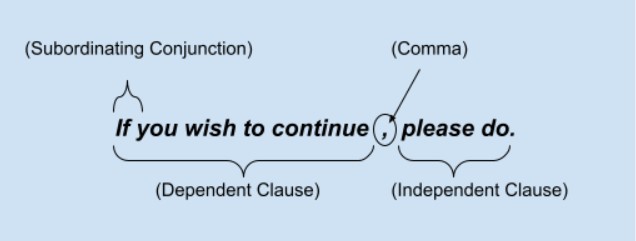Suffixes: Definition with Examples
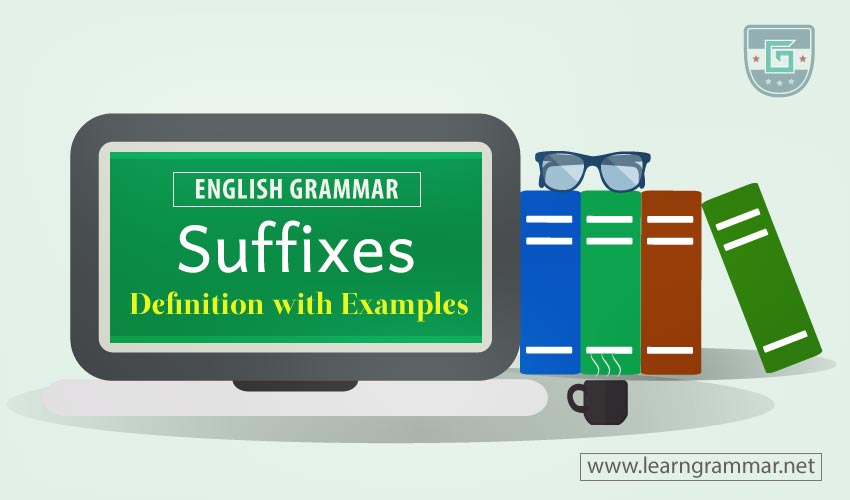
Suffixes are the letter/s which are added at the end of a stem to make new words. The affixes used in the suffixed words are different from the affixes used in the prefixed words, and they make different kinds of words.
Most of the affixes that are used in the suffixed words have no meaning of their own.
“A suffix (also called ending) is an affix that is placed after the stem of a word.”
– Wikipedia
Example:
Reader = ‘read’ is the stem of the word which has different meaning and different grammatical function in a sentence but the affix ‘er’ changes both the meaning and the grammatical function of the word to make a new word.
- Reading
- Readable
- Creator
- Creation
Note: It is not necessary that a suffix change both meaning and grammatical property of the words. It can perform either of them.
List of Common Suffixes
A suffix can make a word/stem of a word a noun, verb, adverb, or adjective. A suffix can also make a transition in the degree of an adjective or in the tense of a verb.
| Noun Suffixes | ||
| Suffix | Meaning | Example |
| -age | a condition | leakage, bondage, marriage |
| -al | an action | denial, removal, approval |
| -ar | one who performs the action | beggar, liar, scholar |
| -cy | state quality |
urgency, emergency, fallacy accuracy, decency, lunacy |
| -dom | place state of being |
kingdom, dukedom, earldom boredom, freedom, stardom |
| -ee | one who performs an action | interviewee, internee, employee, nominee |
| -er | one who performs the action | reader, driver, maker, painter |
| -hood | state of being | boyhood, childhood, manhood |
| -ion | condition | union, opinion |
| -ism | doctrine or belief | marxism, Sufism, egotism |
| -ist | one who is something | dentist, chemist, Marxist, atheist |
| -ice | the result of an action | service, cowardice |
| -logy | theory | biology, geology, ecology |
| -ment | the condition of an action | acknowledgement, punishment, agreement |
| -on/en/an | doer | artisan, citizen, surgeon |
| -ness | state of being | sadness, happiness, rudeness, business |
| -nce | state quality |
abundance, absence, presence brilliance, endurance, obidience |
| -or | one who performs the action | creator, supervisor, sailor |
| -ship | position held | internship, partnership, kinship |
| -sion | state of being | illusion, inclusion, extension |
| -tion | state of being | creation, information, confirmation |
| -tude | result of an action | fortitude, magnitude, servitude |
| -ty | quality state |
flexibility, sensibility, frailty
serenity, safety, reality |
| Verb Suffixes | ||
| -ate | do | captivate, annihilate, exterminate |
| -en | do | broaden, awaken, strengthen |
| -er | do | chatter, glitter, glimmer |
| -ish | do | publish, nourish, punish, banish |
| -fy | make | rectify, simplify, amplify |
| -ize | become | humanize, organize, socialize, legalize |
| Adjective Suffixes | ||
| -able | capable of being | presentable, readable, believable |
| -al | belonging to | legal, local, mental, mortal, fatal, musical |
| -ar | quality | familiar, regular, circular |
| -ed | quality | gifted, talented, learned, cultured |
| -en | made of | golden, wooden, woolen, leaden |
| -ful | notable for | beautiful, wonderful, doubtful |
| -ible | capable of | admissible, divisible, sensible |
| -ic | pertaining to | allergic, mythic, domestic, historic |
| -ish | belonging to | selfish, Turkish, Irish, Polish, childish |
| -istic | characterized by an attribute | fantastic, pessimistic, optimistic, sarcastic |
| -ile | having the nature of | fragile, juvenile, servile |
| -ian/an | belonging to | Indian, American, Russian, Victorian |
| -ive | having the nature of | creative, punitive, divisive, decisive |
| -less | without | fearless, helpless, endless, tireless |
| -ous | characterized by an attribute | studious, pious, religious, joyous |
| -y | characterized by | smelly, healthy, greedy, wealthy |
Grammar
Read More
- How to Use "Therefore" in Sentences Avoiding Common Mistakes
- How to Use "Whereas" with Examples and Avoid Common Mistakes
- When and How to Use "Thus" Correctly Without Common Mistakes
- How to Use "On the Contrary" Properly with Meaning and Examples
- When and How to Use "Either/Or" with Examples and Common Mistakes to Avoid
- How to Use "On the Other Hand" Effectively without Mistakes
- How to Use "Respectively" with Example and Common Errors to Avoid
- How and When to Use "Moreover" Without Mistakes
- How to Use "Likewise" in Sentences Based on Context & When not to Use
- When & How to Use "Although" in Sentences to Avoid Mistake

